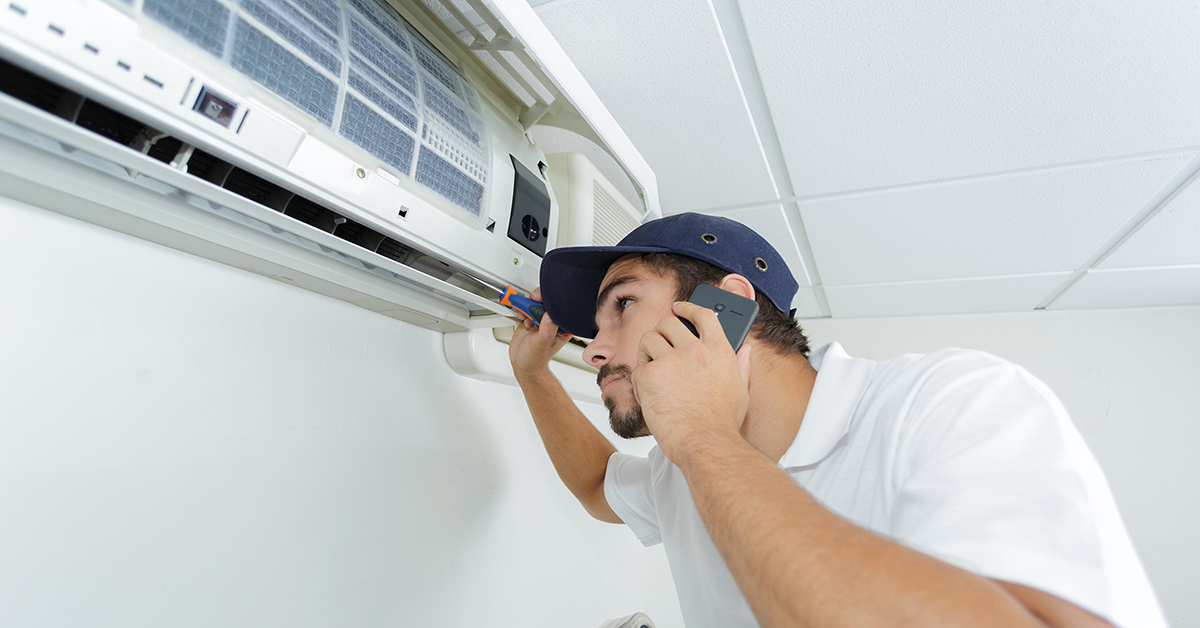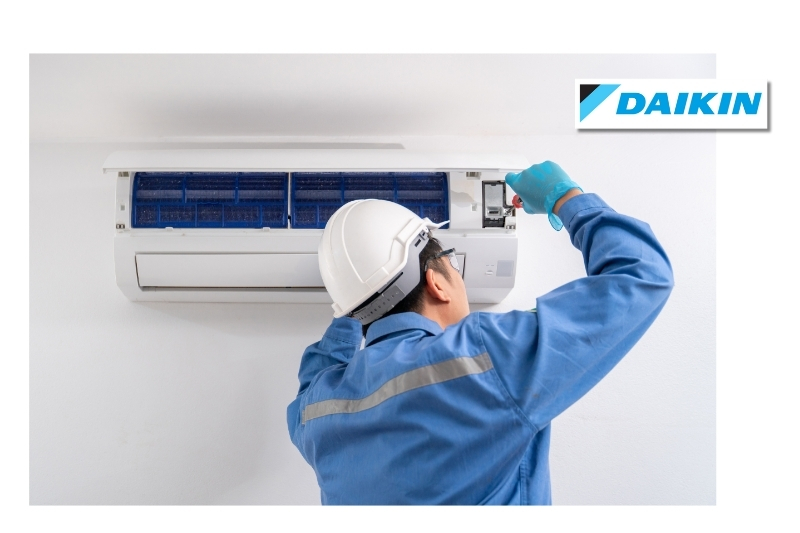Why is my heat pump leaking?

A heat pump fulfills three primary functions: heating, air conditioning and dehumidification. To ensure a constant level of indoor humidity (around 50 percent in the summer and 30 percent in the winter), the heat pump evaporator, which operates at very cold temperatures, condenses the water in the air that passes through it. This water is then evacuated through a hose leading to a floor drain, an ABS drain or the outside of the home. Here are some of the reasons why your heat pump may be leaking.
The heat pump condensate drain is clogged
One of the main reasons for the presence of unwanted water near your heat pump is a clogged condensate drain. This situation may be caused by dust that accumulates on the evaporator and is then washed down the drain. To prevent it, simply install an effective filter with a good capacity, replace it periodically in accordance with the manufacturer’s recommendations and clean the drain with each changing season. A GestionAir technician can perform this cleaning service for you.
The heat pump condensate pump is defective
Certain heat pumps are equipped with a condensate pump, which allows the water to drain outside of the home when there’s no floor drain or ABS drain available. If this pump is disconnected or broken or if the hose is clogged, this can cause the water to back up inside the home. To prevent this type of situation, you need to verify that the safety float is working. A number of condensate pumps are equipped with this device, which shuts off the air conditioner if the pump isn’t working properly. You can also check the effectiveness of the pump by pouring some water into the reservoir. Ask one of the experts at GestionAir to show you how to do it.
The condensation from the heat pump is draining underneath your foundation
In the past, the water from an air conditioner or heat pump could drain underneath a home’s concrete foundation, which generally lies on top of a bed of gravel. This practice was common several years ago, but is now prohibited. Engineers and contractors determined that the gravel’s capacity for absorption could vary greatly as a result of heavy rains, a defective French drain or the presence of pyrite, a mineral that expands when exposed to moisture. If the area underneath the concrete slab is saturated with water, the water will inevitably flow back into the home. To prevent this problem, have one of the experts at GestionAir verify that your heat pump drains into an appropriate location.
The heat pump evaporator is frozen
The evaporator, which functions at very low temperatures to condense the water that’s present in the ambient air, can sometimes end up freezing the water instead of condensing it. This problem occurs when there isn’t sufficient air current to keep the evaporator from getting too cold. A clogged air filter, a dirty evaporator or a defective fan motor may be the culprit. It’s also possible that the evaporator doesn’t have enough refrigerant, whether because of a leak or because the system wasn’t properly charged during the installation of your heat pump. Once again, periodic maintenance is the best solution for avoiding situations like these. Be on the lookout for strange noises, sudden changes in temperature or significant variations in your electricity bills, as all of these may be indications that there is some sort of problem with your heat pump. If you aren’t sure, call one of the experts at GestionAir toll-free at (450) 233-2550. We’re available to assist you 24/7.
















